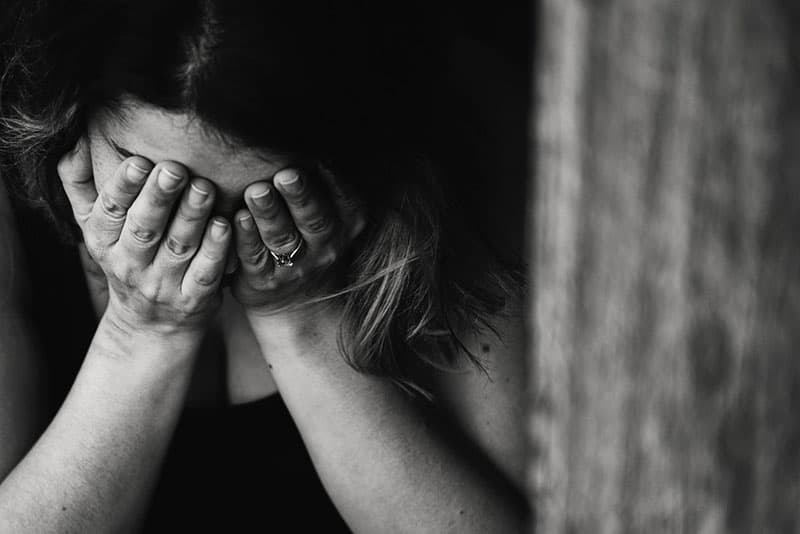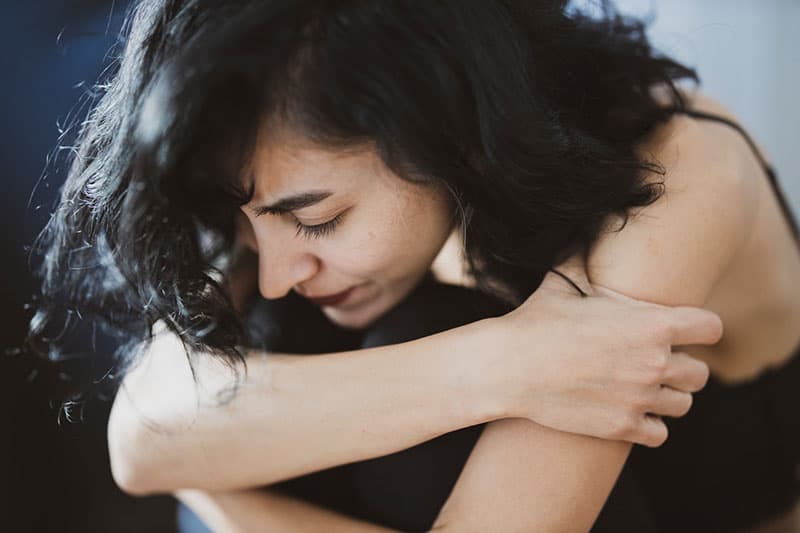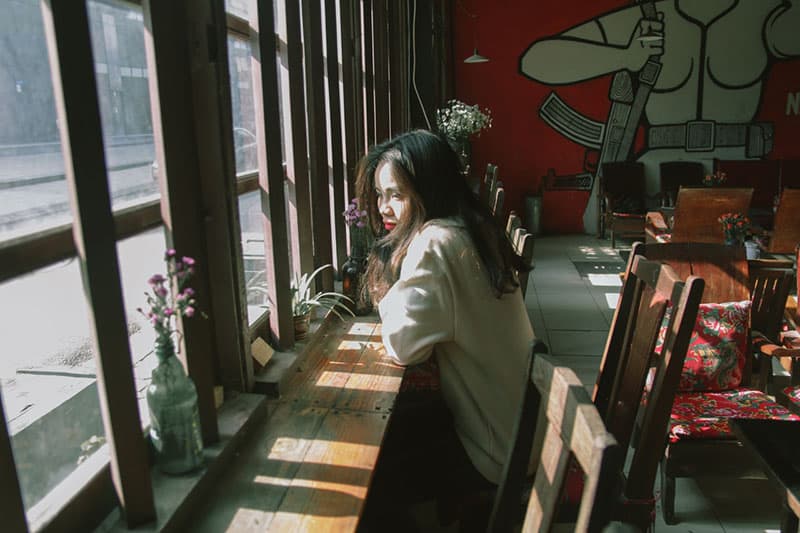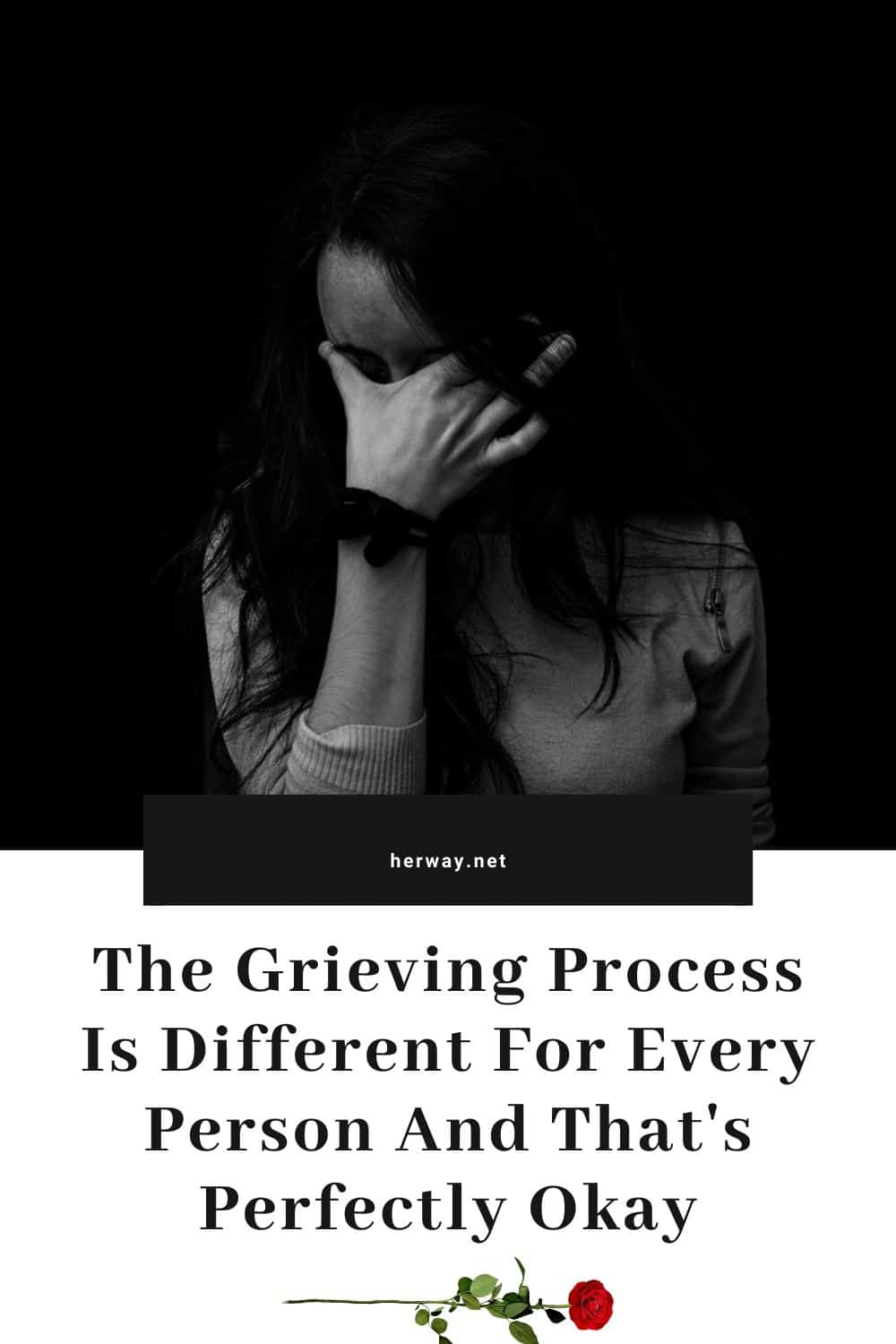Nobody knows what’s happening on the inside. Nobody knows how devastating the loss of a loved one can be for an individual.
What we see is the outside. The facade that everything is great while someone is falling apart or total brokenness everyone can see – these are just the ways to deal with shock, sadness, and a void.
You see, everyone’s healing process is different. We can’t influence the way we grieve and cope with a loss that’s stronger than us, and we shouldn’t be judged for it.
Now, the most important questions are: Is it true that time heals all wounds? Does the pain ever cease?
The pain can feel overwhelming. You may experience all kinds of difficult and unexpected emotions, from shock and anger to disbelief, guilt, and profound sadness.
Losing a loved one can be the trigger of very intense emotion – sadness. For some people, this sadness can even lead to depression, while others will find different ways to cope with the pain and move on.
Each person is different, which means how we deal with each loss will be different as well.
Although we are allowed to grieve in our own way, we all have to do the same after the grieving process is over. We must recognize and accept the truth of loss and move on with our lives.
Grieving is different because we don’t have similar relationships and feelings.
Sadness is also part of our lives and great pain is the price of great love. Immense emotional and physical suffering can occur when someone or something we love is taken away from us.
Grief manifests itself in many ways, not only sadness. Depending on the circumstances, even anger and rage may overcome us.
Sometimes, it is easier to be mad at the person who left us – mad at God, the universe, the injustice of the world. It’s our state of helplessness and pain that brings us to these ends.
In fact, anger can get you so tangled up in battles that you’re left with a little time to really think about much else.
Being angry is a way of releasing energy, of protesting a loss that does not make sense or seem fair.
Emotions are rarely logical and deep down you understand that the anger is neither logical nor justified.
There is no right or wrong way to grieve, but there are healthy ways to deal with the grieving process. And the healthy way for you is to do whatever your hearts tells you to do.
Along with our significant loss, you may also feel as if you have lost a part of yourself, and, in some ways, you have.
You must give your heart some time to heal in order to move on. You’ll never forget that person and heal completely, but you’ll learn to live with it.
It doesn’t matter that people around you don’t react the same. Your emotions are different and so should be your way of coping with the pain.
Do not allow anyone to tell you how to grieve.
Some people are feeling sad, frightened, or lonely and they’ll let the tears flow to express their grief. It may make them feel uncomfortable, but it’s a healthy part of grieving.
Crying is a normal response to sadness; it doesn’t mean you are weak.
Some may experience some mental confusion. They’ll be confused about what to think and how to feel, confused about who they are now and how to live life.
The most difficult challenge will be how to live on after losing a loved one.
Many changes are occurring and it’s normal to be confused. We may be confused about how to deal with all this in a healthy way – including how to be there for your kids and other family members.
How can you care for others when you also need help?
When a person has actually experienced a nightmare in real life, the world tends to assume an ongoing dark tone. After the death of a loved one, the world can look scary and dangerous.
There are people who think that grief is a solo journey. No matter how many people are there to help them, it is easier for them to grieve in silence.
And indeed, grief can be a solitary experience. Denying your need for silence may make you feel lonely even in the company of others.
Many of us are grieving; you are not alone. You may feel lonely in your emotional pain, but there are many people around you who are also suffering the loss of a loved one yet may be hiding it.
The emotional pain that comes from dealing with loss can keep you from remembering your fond memories of the relationship and being able to share any of the joy that person brought into your life.
Once you heal, you’ll understand the importance of those memories. They’re all that’s left from the person who’s never coming back.
Those significant people who are no longer with us will continue to live in our memories. The impact they have had on us is immortal.
If you have no ability to take action in dealing with your grief, you limit the possibility of bringing new joy into your life.
And don’t rush the healing process. Of course it’s important to move on, but let yourself breathe and regroup before that.
Allow yourself to focus on your grief, honor the amount of time you need to grieve, and don’t judge yourself or allow others to judge you in how you grieve.
And always remember that it does get better. It takes more time than you would like, but it’s something you learn to live with. Missing them becomes an integral part of who you are.









